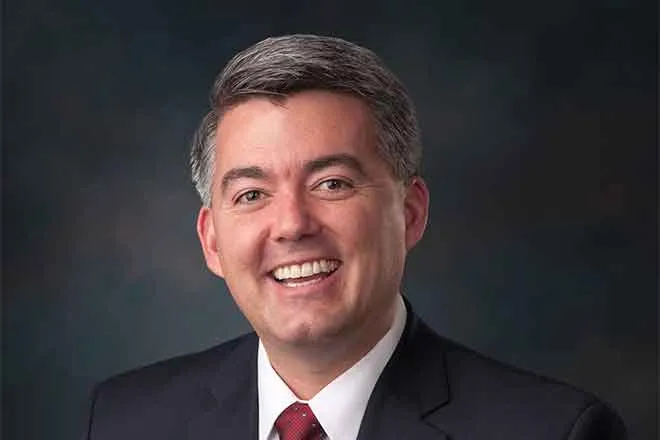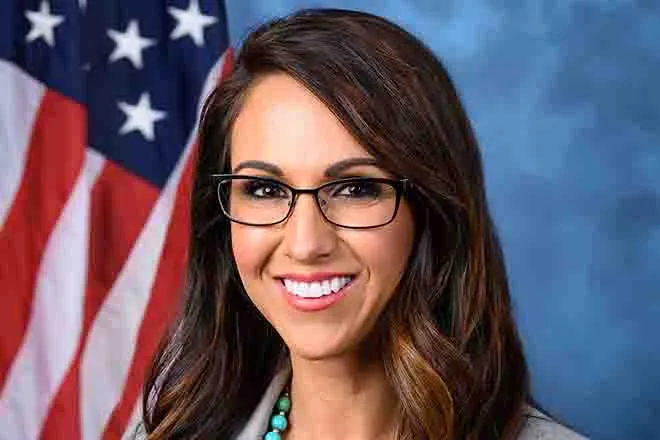
Opposing sides debate TABOR tax refund ballot measure
By Derek Draplin | The Center Square
Colorado voters Tuesday night got a chance to hear opposing sides of an issue that will appear on November’s ballot. The ballot measure asks voters to allow state government to permanently keep excess tax revenue that would otherwise be refunded to taxpayers.
Colorado House Speaker K.C. Becker, D-Boulder, who backs the measure, debated Michael Fields, executive director of the conservative advocacy group Colorado Rising Action, in a debate held in Colorado Springs and hosted by the Colorado Springs Gazette and KOAA.
The Taxpayer’s Bill of Rights is a constitutional amendment passed by voters in 1992 that requires voter approval for all tax increases. TABOR also puts a cap on how much state government’s spending can grow.
Proposition CC asks voters to remove the cap and allow state government to permanently retain excess tax revenue that is typically refunded back to taxpayers. It would allocate the kept funds evenly between K-12 education, higher education and transportation.
An analysis in the election’s voter guide estimates that state government would collect $310 million above the cap in fiscal year 2021 and $342 million in fiscal 2022. If Proposition CC passes, taxpayers wouldn’t see that money refunded.
“We have an artificial limitation that says even when the economy is going really well, even when people are generating greater income than ever before, or more in sales tax, you’re [state government] not allowed to keep that money and you’re not allowed to invest it in the things that matter,” Becker said in reference to TABOR’s spending growth cap.
Fields responded by saying the state’s budget keeps growing annually yet priorities such as transportation and education are underfunded because lawmakers won’t commit to funding them long term.
“I don’t think Prop CC fixes any of that – you can’t put Prop CC money toward teacher pay,” he said. “This does not fix the problem; we have to prioritize the big budget that we have in order to fix those problems.”
Fields noted that there’s no guarantee that revenue kept under Proposition CC would go to transportation and education, as lawmakers say it will.
“This would be forever taking your tax refunds from TABOR,” he said, unlike Referendum C in 2005, which was a five-year timeout from the refunds but then sunset.
Becker said there wasn’t as much money in the budget after Referendum C because of a recession, not bad policy.
“The [proposed] law is specific about where that money would go,” she said. “That entire argument is a red herring; it’s not true that Ref C money didn’t go where it was supposed to.”
Becker also denied that Proposition CC is an “assault on TABOR,” something critics of the measure often claim.
Fields responded by critiquing the ballot measure’s language, which doesn’t specifically mention TABOR or tax refunds, as a way for proponents of the proposal to “hide the ball.”
“They are going after TABOR,” he said. “It is a first step.”
“We have the number one economy in the nation and unemployment is around three percent,” Fields said in his closing remarks. “TABOR simply tells politicians that they have to ask us before they want more money and it limits the growth of government to population plus inflation – it’s worked well for us for three decades now.”
Becker said that by passing Proposition CC and removing TABOR’s outdated budget formula, voters would be able to invest in K-12 education, higher education and transportation.
“We are not going to keep having the number one state in the economy because businesses will not invest in a state that’s not investing in itself,” she said.
















